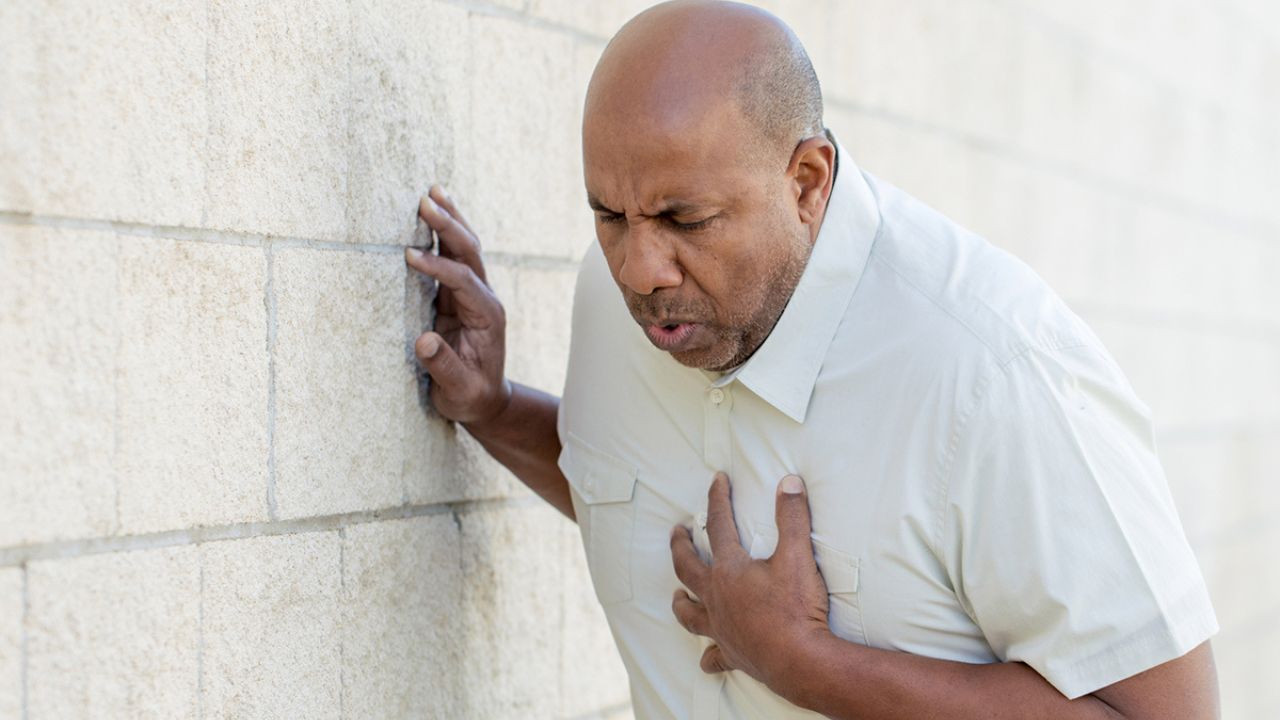Due to a variety of factors, heart conditions are more prevalent in people of all ages. Myocardial infarction, another name for a heart attack, is when the blood supply to the heart is significantly restricted or blocked. A buildup of fat, cholesterol, and other substances in the arteries may be the cause of the obstruction. Heart attack symptoms might range from minor to severe or even absent.
People should not disregard the warning signs and symptoms of a heart attack because prompt medical attention can increase survival chances.
1. Pain in the chest
A heart attack’s most prevalent and recognisable sign is chest pain or discomfort. A tightness, pressure, or squeezing feeling in the middle or left side of the chest are common descriptions of this experience. It may last for a short while or come and go, be constant or sporadic. Most essential, the patient’s discomfort or agony will worsen as they walk or climb the steps. Any odd or unexplained discomfort in the chest area must be taken seriously.
2. Pain in the upper body
Other parts of the upper body may also experience heart attack symptoms in addition to the chest. Arms (typically the left arm), the back, neck, jaw, or even the stomach might all experience pain or discomfort. Sometimes all people experience is throat soreness, which gets worse when they exercise or walk and gets better when they relax. Chest discomfort may occur alone or together with this pain. These areas should not be ignored if they experience any unexpected pain or discomfort.
3. Breathing difficulties
Breathing problems or a feeling of being out of breath may be signs of a heart attack. Even without chest pain, this symptom might appear, and it can happen both when you’re at rest and when you’re working out. An extremely significant sign that may be related to the heart is having trouble breathing when walking or while sleeping. It’s crucial to take a heart attack into account if you find yourself having trouble breathing.
4. Indigestion and nausea
Some people having a heart attack may feel queasy or exhibit symptoms similar to dyspepsia. Women experience these sensations more frequently. It is critical to seek medical help right away if you experience inexplicable nausea or indigestion-like discomfort, especially if it coexists with other probable heart attack symptoms. Never use self-medication. The most frequent excuse for delaying medical care is this.
5. Heavy sweating
Unexpected or excessive sweating can be a warning sign of a heart attack, especially if it is accompanied by cold or clammy skin. Men are more likely to experience this sensation than women. It’s crucial to take notice if you start to sweat excessively without any obvious cause.
6. Weakness and exhaustion
Feeling unusually weak, drained, or fatigued, particularly after little to no physical activity or when resting, may be a sign of a heart attack. It is wise to take the risk of a cardiac event into account if you start to feel unusually weak or extremely exhausted.
7. Lightheadedness and dizziness
Reduced blood supply to the heart can cause dizziness or lightheadedness, fainting spells, or the impression of almost passing out. Never ignore these signs, and seek quick medical help if you see them.
8. Panic and anxiety
An emotional reaction, such as anxiety, panic, or a sense of impending doom, can occasionally come before or follow a heart attack. It is important to take these psychiatric symptoms seriously, especially when they are present along with other red flags.

 हिंदी
हिंदी






